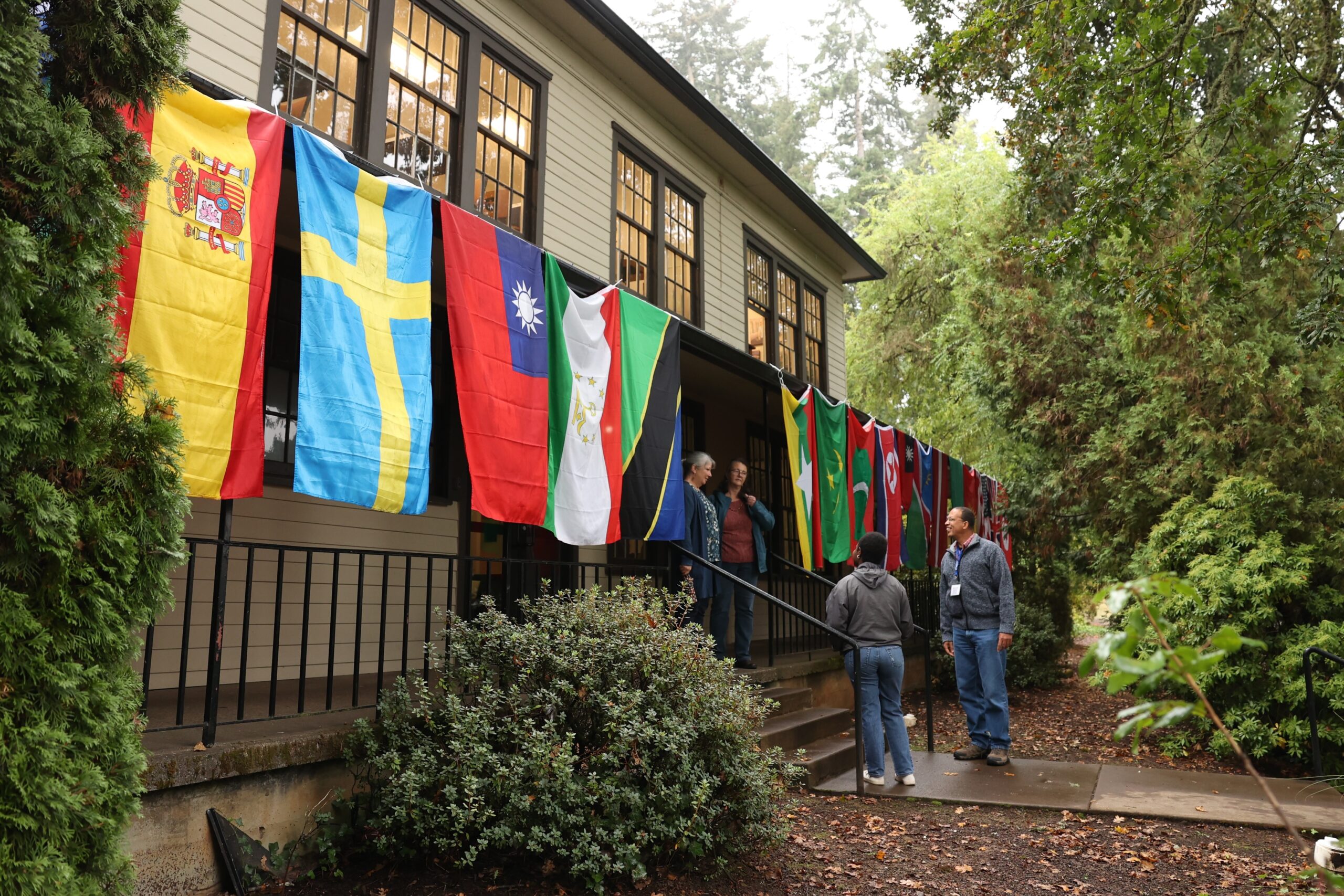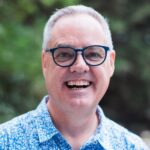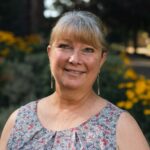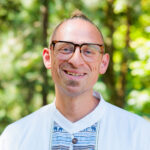Intercultural Studies
Are you ready to reach across social and cultural divides to welcome and serve others? Do you want to present God’s life-giving message in the context of another language and culture? An intercultural studies degree equips you to navigate cultural differences, build meaningful relationships, and serve in cross-cultural settings.
With practical field experience from day one and a Christ-centered foundation, you’ll learn how to communicate across cultures, adapt to new environments, and thoughtfully engage with global challenges. Whether you’re called to education, non-profit leadership, international business, or humanitarian work, you’ll graduate with the skills, experience, and perspective to make a meaningful impact.
Completion
4 Years
Credits
120
Major
Intercultural Studies
Delivery
On Campus
Concentrations
The intercultural studies major begins with a core of three essential areas: philosophy and theology of ministry, language learning and intercultural communication, and foundational concepts in anthropology, sociology, and history. From there, choose to specialize in one of the following areas:
Featured Courses
Discover your role in God’s global mission. This course explores biblical and historical foundations of mission, equipping you with outreach strategies, cross-cultural awareness, and a passion to make disciples and spread the gospel in everyday life.
Build the communication skills needed to thrive in diverse cultural settings. Explore verbal and nonverbal communication styles, cultural perception, conflict resolution, and how to build mutual understanding across cultures.
Explore how Christians have historically pursued justice, development, and advocacy for the marginalized. This course will help you to understand global inequality through a biblical lens and evaluate best practices for transformative service and compassion.
Learn to navigate global cultures with wisdom and humility in ministry. Explore how cultural values and expressions shape ministry contexts, and develop practical skills for understanding and engaging cultures through a biblical lens. Gain tools for effective, respectful, and impactful cross-cultural service.
For a complete list of courses in this program, view the program overview.
For official course descriptions, refer to the academic catalog.
-
180
hours of real-world ministry experience through practicums and internships
-
1
or more overseas cross-cultural ministry trips for every intercultural studies major
-
100+
years of ministry experience among department faculty
You can make a difference in cross-cultural environments. The practical skills you’ll gain in cultural adaptation, language learning, and compassionate leadership will prepare you to live out your faith wherever God leads.
Career Opportunities
An intercultural studies degree provides a strong foundation for global and cross-cultural careers such as:
- Missionary
- Evangelist
- Disciple-maker
- English language teacher
- Church Planter
- Bible Translator
- Non-profit Leader
- Bible Teacher
- Case Manager for Refugee Assistance
- Relief and Development Worker
- Literacy Teacher
- Camping Ministry Leader

World Outreach Week (WOW)
Every fall at Corban, we dedicate a full week to the work of missionaries and mission agencies serving across the globe. Be inspired by godly men and women, learn how God is working around the world, and consider how God might use your unique gifts in His work, for His glory, around the world.
Note: Individuals enrolled in this program may be required to pass a criminal background check in order to complete practicum requirements and to pursue professional licensure and career opportunities.
Featured Faculty
Dr. Jordan Newton
Chair, School of Ministry | Director of the KAIROS Program | Associate Professor of Christian Ministry
jnewton@corban.edu(509) 308-8415







